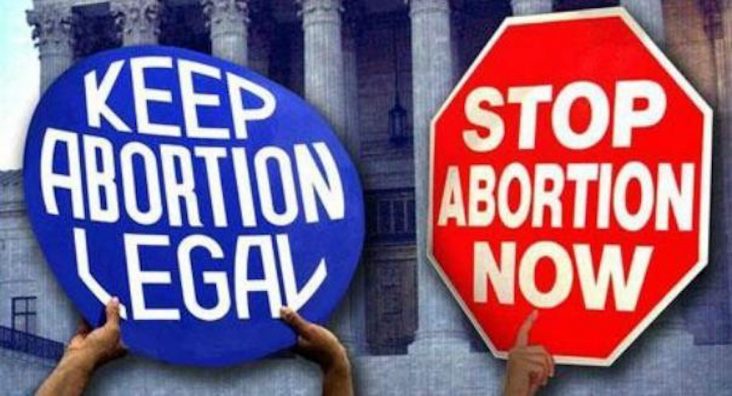AG Griffin approves abortion amendment ballot title with changes
by January 23, 2024 5:30 pm 590 views

Attorney General Tim Griffin approved Tuesday (Jan. 23) a proposed constitutional amendment to provide exceptions for abortions in Arkansas, but he made two changes to the proposal.
The proposed constitutional amendment – known as the Arkansas Abortion Amendment – would prevent the state from restricting access to abortion up to 18 weeks after conception or in the instance of rape or incest, fatal fetal anomaly, or when abortion is needed to protect the pregnant woman’s life or health.
“Having reviewed the text of your proposed constitutional amendment, as well as your proposed popular name and ballot title, my statutory duty at this stage is to substitute and certify the popular name and ballot title indicated below. With regard to your proposed ballot title, I believe the following minor changes are necessary to ensure that the ballot title clearly and accurately sets forth the purpose of your proposed initiated amendment to the Arkansas Constitution,” Griffin said.
You can read Griffin’s opinion letter here.
He made changes to a section of the proposal that refers to “fetal age vs. gestational age.”
“I have added language clarifying that 18 weeks after fertilization equates to approximately 20 weeks since the first day of the pregnant female’s last menstrual period,” Griffin said.
He also made an alteration to language describing the proposed amendment’s effect on existing law.
“Your revised text and ballot title explain how the proposed amendment would affect Amendment 98, and they declare other laws that conflict with the proposed amendment null and void. But there is no other mention of how Arkansas law currently regulates abortion,” Griffin wrote. “To ensure your ballot title adequately conveys the proposed change in law so that voters have a fair understanding of the issue, I have added language to your ballot title.”
Griffin’s approval allows the group pursuing the measure, Arkansans for Limited Government, to begin the process of collecting signatures through petition to qualify for the November 2024 ballot. Supporters will have to garner more than 90,000 voter signatures to meet the threshold for consideration. However, Griffin warned the group to expect a legal challenge.
“While the foregoing have been substituted and certified, I believe that, in light of the significance of the subject matter undertaken and the potential complexity and far-reaching effects of this proposal, a cautionary note is warranted. You should be aware that experience has shown a correlation between the length and complexity of initiated measures and their susceptibility to a successful ballot-title challenge. Any ambiguity in the text of a measure could lead to a successful court challenge,” he said.
If the measure qualifies for the ballot, it promises to be a contentious debate. Several states have approved ballot measures to preserve abortion rights in certain instances after the U.S. Supreme Court in June 2022 overturned Roe v. Wade in a ruling known as the Dobbs decision.
“Just yesterday, we acknowledged what would have been the 51st anniversary of Roe v. Wade. Today, we are one step closer to restoring the freedom that was taken from individuals when Roe v. Wade was overturned,” said Jim McHugh, treasurer of Arkansans for Limited Government. “We won’t stop until Arkansans can use their voice at the ballot box in November.”
Family Council President Jerry Cox, an opponent of the proposed amendment, called the effort “radical.”
“This is a radical amendment legalizing abortion in a way Arkansas has never seen before. It writes abortion into the Arkansas Constitution. It erases virtually all of Arkansas’ pro-life laws, and it allows abortion on demand without restriction through the first 18 weeks of pregnancy. As many as 3,000 unborn children could be aborted in Arkansas each year because of this amendment, and the state of Arkansas would be powerless to prevent it,” Cox said, citing Arkansas statistics from elective abortions collected before 2022.
